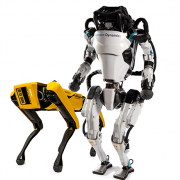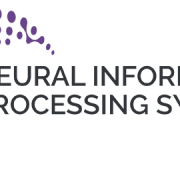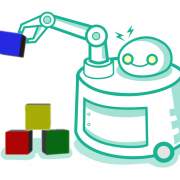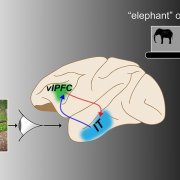News
December 9, 2020
Hyundai Motor Co. has decided to acquire the US robotics firm Boston Dynamics Inc. from SoftBank Group for slightly less than 1 trillion won ($921 million) and will finalize the acquisition at its Dec. 10 board meeting, according...
December 7, 2020
The Center for Brains, Minds and Machines is well-represented at the thirty-fourth Conference on Neural Information Processing Systems (NeurIPS 2020).
IBM-MIT launch new AI challenge to push the limits of object recognition...
IBM-MIT launch new AI challenge to push the limits of object recognition...
December 4, 2020
The Association for Psychological Science (APS) is pleased to announce its lifetime achievement award recipients for 2021. As the premier international organization dedicated to advancing scientific psychology across disciplinary...
December 3, 2020
Adding a module that mimics part of the brain can prevent common errors made by computer vision models.
Anne Trafton | MIT News Office
Computer vision models known as convolutional neural networks can be trained to recognize...
Anne Trafton | MIT News Office
Computer vision models known as convolutional neural networks can be trained to recognize...
November 30, 2020
Google’s deep-learning program for determining the 3D shapes of proteins stands to transform biology, say scientists.
by Ewen Callaway
An artificial intelligence (AI) network developed by Google AI offshoot DeepMind has made a...
by Ewen Callaway
An artificial intelligence (AI) network developed by Google AI offshoot DeepMind has made a...
November 24, 2020
What's SSUP? The Sample, Simulate, Update cognitive model developed by MIT researchers learns to use tools like humans do.
Human beings are naturally creative tool users. When we need to drive in a nail but don’t have a hammer...
Human beings are naturally creative tool users. When we need to drive in a nail but don’t have a hammer...
October 20, 2020
Recurrent processing via prefrontal cortex, necessary for quick visual object processing in primates, provides a key insight for developing brain-like artificial intelligence.
Alli Gold | School of Science
MIT researchers have...
Alli Gold | School of Science
MIT researchers have...
October 2, 2020
In some situations, asking “what if everyone did that?” is a common strategy for judging whether an action is right or wrong.
Anne Trafton | MIT News Office
Imagine that one day you’re riding the train and decide to hop the...
Anne Trafton | MIT News Office
Imagine that one day you’re riding the train and decide to hop the...
September 24, 2020
By Jo He-rim (herim@heraldcorp.com)
Hyundai Motor Group said Thursday it has scouted Tomaso Poggio and Daniela Rus, experts on artificial intelligence, to work together on various projects of AI technology development.
Poggio and...
Hyundai Motor Group said Thursday it has scouted Tomaso Poggio and Daniela Rus, experts on artificial intelligence, to work together on various projects of AI technology development.
Poggio and...
August 31, 2020
Dr. Barbara Partee is an MIT alum who was a guest speaker at the precursor event to CBMM - MIT150 Symposia: Brains, Minds and Machines.
by Maria Iacobo
When Barbara Partee PhD ’65 was growing up in Baltimore County, her parents...
by Maria Iacobo
When Barbara Partee PhD ’65 was growing up in Baltimore County, her parents...










